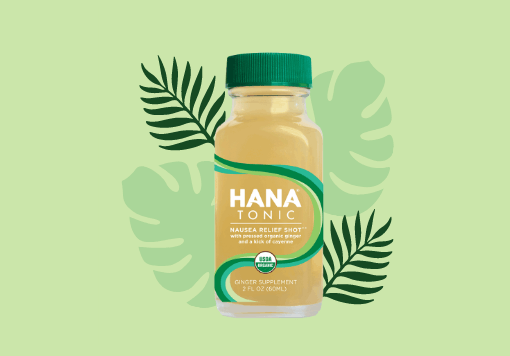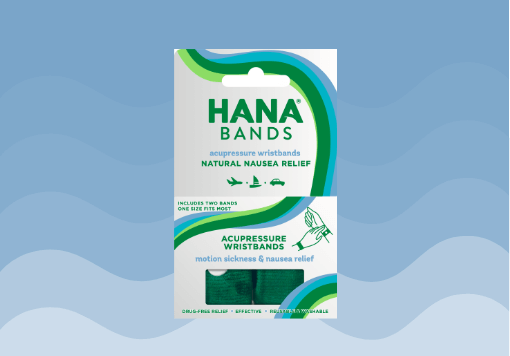Are you thinking about making the switch from conventional to organic foods? If you want to support your health, then organic can be a great option to minimize toxic exposure. But does an organic label mean that you are getting pesticide-free ingredients? Not necessarily! It’s important to learn more about organic farming so you know how your food is grown.
How Much Are Pesticides Used in Organic Farming?
Does organic food have pesticides? Yes, but the pesticide residue has much lower toxicity compared to conventional food. All farmers need to implement strategies to keep the insects, microorganisms, and weeds at bay. If a pest infestation moves in, then it threatens the livelihood of the farmer.
While 900+ synthetic chemicals are approved for conventional farming, only a small list of 25 are approved by the Environmental Protection Agency (EPA) for organic produce.
Ultimately, the goal would be to have zero pesticide residue on food. But that’s not a realistic option in mass farming. Certain products are needed to minimize the risk of plant diseases and pests that can take out the crop.
How Organic Farming Differs from Conventional
Organic farmers take the approach of using less invasive measures as prevention first. For example, traps, microorganism management in the soil, or using disease-resistant crops can result in a healthy crop without the use of a lot of pesticides. Then, if these measures fail, they can use pesticides on the EPA approved list.
If pesticides are needed in organic farming, then most of them are non-synthetic – these pesticides come from natural sources such as living organisms and plants. The chemical changes within organic pesticides happen naturally such as enzymatic digestion, heating, fermentation, or composting. As a result, these pesticides are lower in toxicity, which means they have a smaller impact on the human body.
Even though organic food can have pesticides, you will likely reduce your pesticide exposure by choosing organic over conventional. For example, this paper found that organic produce has 4x less pesticide residue compared to foods that are conventionally grown.
Avoid Pesticides and Support Your Health
High amounts of pesticide exposure are associated with a variety of health effects, such as an increased risk of cancer and fertility issues. While the EPA has safe limits for both organic and conventional foods, the toxicity can build up over time. Choosing organic as much as possible can reduce the toxic burden on the body. As a result, you enjoy the health benefits from the vitamins and minerals in the produce, while avoiding the internal cleanup work that happens after exposure to toxins and chemicals.
If you are looking for a simple way to promote daily health, then Hana Tonic is a great option to consider. Our ingredients are sourced from organic farmers, ensuring the highest levels of safety in every bottle. This proprietary blend of powerful ingredients is popular for nausea management and immune-boosting. Hana Tonic comes in a convenient travel-sized container that can fit in your purse or backpack.



